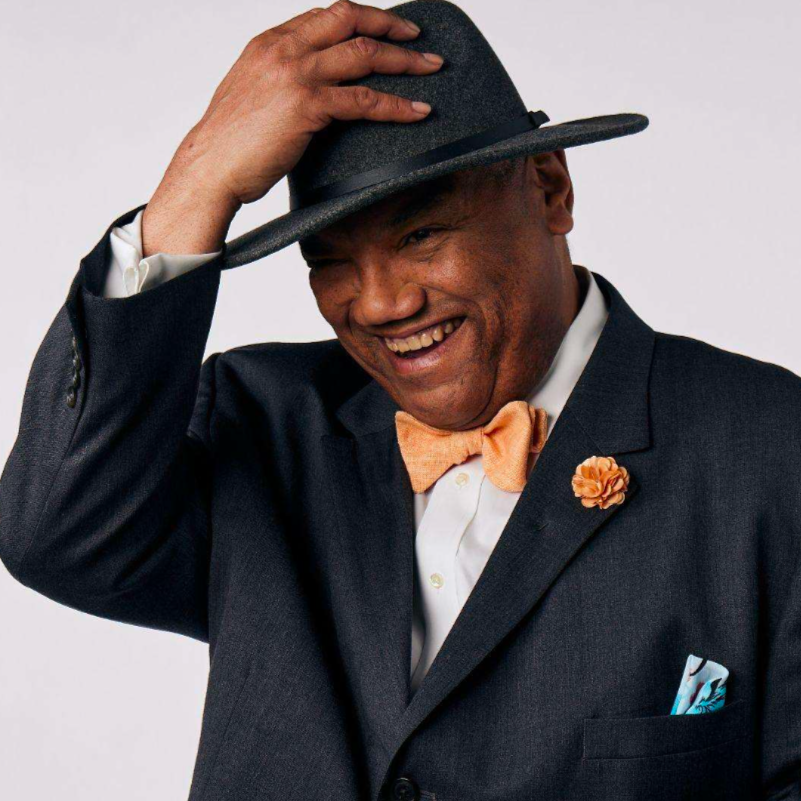For Wire, a mind is a terrible thing to waste
Since the NFL lockout began over 14 weeks ago, Falcons linebacker Coy Wire has spent more time on what he hopes will be his life’s work after football.
With extra time to fill, Wire, the team’s player representative, has worked on projects that had been on his personal back burner. A few years ago, he discovered his passion for working with troubled juveniles. The nine-year veteran counsels youths using techniques that he terms mind-coaching, in addition to speaking to groups and completing a book on this issue.
Other players have written books. Most notably, Denver Broncos quarterback Tim Tebow’s book debuted at No. 6 on the New York Times’ hardcover non-fiction bestseller list recently. Many players also speak to groups. However, Wire’s mind-coaching stands out.
Mind-coaching?
“I combine the traditional platform of counseling with a more progressive, regimented series of mental exercises,” Wire said. “I condition my clients' states of mind much like a sports performance coach or trainer would condition their clients' bodies.”
A 2001 Stanford graduate with a sociology degree, Wire is a tireless reader with deeply held religious beliefs. His academic pursuits, coupled with a life-threatening neck injury in 2007, have led him to study the powers of the mind.
“The mind is everything,” Wire said. “What we think is what we become.”
Wire meets weekly with Zack Letts, a promising young soccer player, who had anger management problems.
“I’d been searching for years for someone to help Zack,” said Kim Letts, his mother. “We’ve had a problem for a few years with his state of mind.”
Letts' response when things weren't going his way on the field was anger.
“I spoke to numerous sports and child psychologists, trying to find someone that felt like they could help him,” Letts said. “I never really found the right person. Basically, when you’re a mom, you're worried and you just keep talking to people. Eventually I was talking to [my chiropractor] and he suggested Coy.”
Wire has worked with Zack since last spring. He and Kim Letts have noticed a major change in Zack’s approach to soccer as well as life.
“We have no issues anymore,” Letts said. “It’s a complete 180 in terms of his attitude. I’m absolutely getting results not just on the soccer field, but I feel like all of the lessons that Coy is teaching Zack are life lessons.”
In addition to his mind-coaching appointments, Wire delivered the keynote address at the "transition ceremony” at Forest Hills Academy. Speaking to students from the alternative high school for troubled teens, Wire applauded that they were in the process of doing something great, but stressed that they needed to continue to choose the right paths.
“The great thing about it was not only our kids, but our parents were there,” said Tricia Rock, the principal at Forest Hills. “One of the main things is to have a community-engaged speaker to come in and really motivate our kids and families. He was charismatic and I really believe his whole message touched everyone."
Wire’s book is currently untitled, but he says that his goal is to produce a practical guide packed with messages that will help unleash the mind's power.
“The impetus for the book was seeing that there was a need,” Wire said. “I realize that we really need to help our youth figure out who they really are and where they need to go. Once someone has something to work toward, that’s half the battle.”
Wire started easing in this direction in 2008. While speaking to a group in his home state of Pennsylvania, a representative from the U.S. Department of Education was in the room.
She liked Wire’s speech and invited him to serve as the keynote speaker for the department's national conference in Houston that summer.
He performed well in front of the crowd of about 2,000 and became hooked on helping kids fight what he calls "the treadmill syndrome."
“When someone has no goals and lack of direction in life, it’s like they running on a treadmill,” Wire said. “They work and they work, they run and they run, but they are going nowhere fast.”
During his mind-coaching sessions and speeches, Wire picks his spot for his powerful NFL testimony.
As captain of special teams for the Buffalo Bills in 2007, Wire suffered a neck injury that could have ended his career. Surgeons installed plates and performed bone grafts in his neck.
Wire thought his career was over, but found inspiration in Walter Payton's book, "Never Die Easy: The Autobiography of Walter Payton."
“He talked about the power of his mind to heal his body from injuries,” Wire said. “He always recovered at an exponentially faster rate. He would have an ankle injury and most people would take three weeks while he’d be back in three days.
“I told myself that my neck was strong. It was healed and became healthier.”
He signed with the Falcons the next year and has been a mainstay on the special teams since. He was selected by his teammates for the Ed Block Courage Award winner in 2009 for being an inspiration to the squad.
Before the lockout, he signed a two-year contract in February to stay with the Falcons.
But the injury had made Wire consider retirement. Forced to think about life without football, he already has his Plan B.
“One of the problems that a lot of football players get into when they retire and when they have to leave the game they love, football was their lifelong dream,” Wire said. “No one said, ‘What’s the second thing you want to be when you grow up.’"



